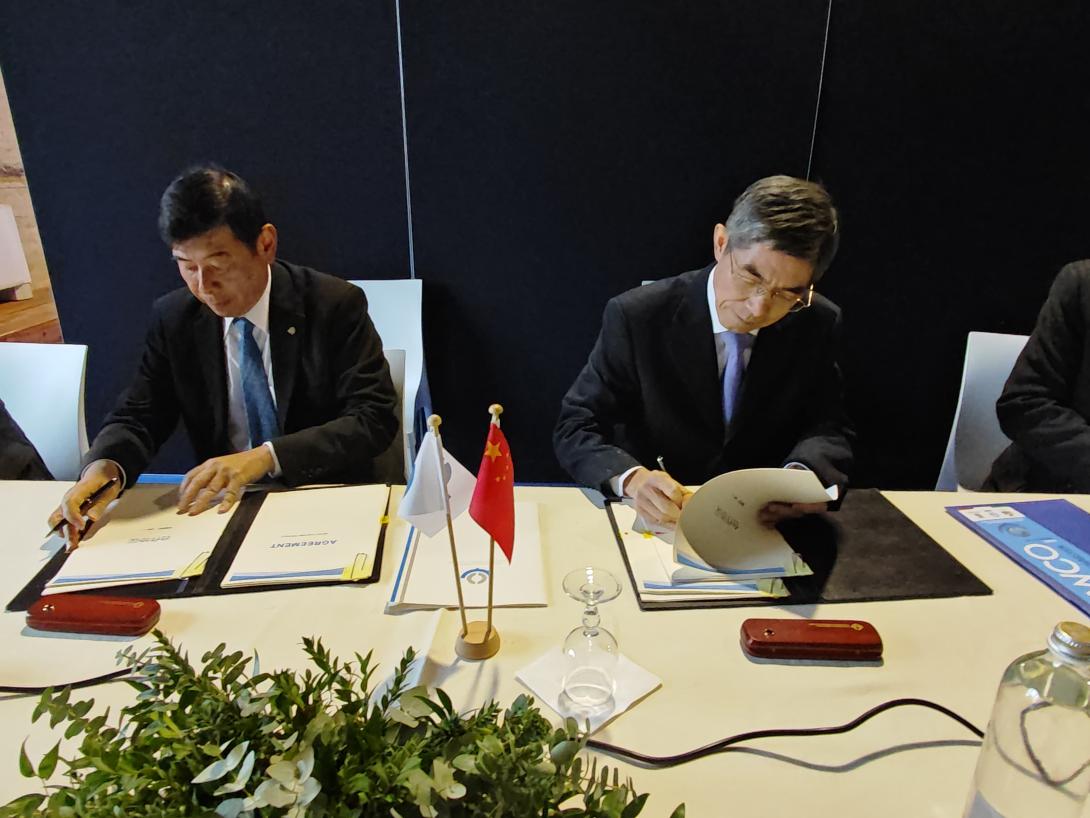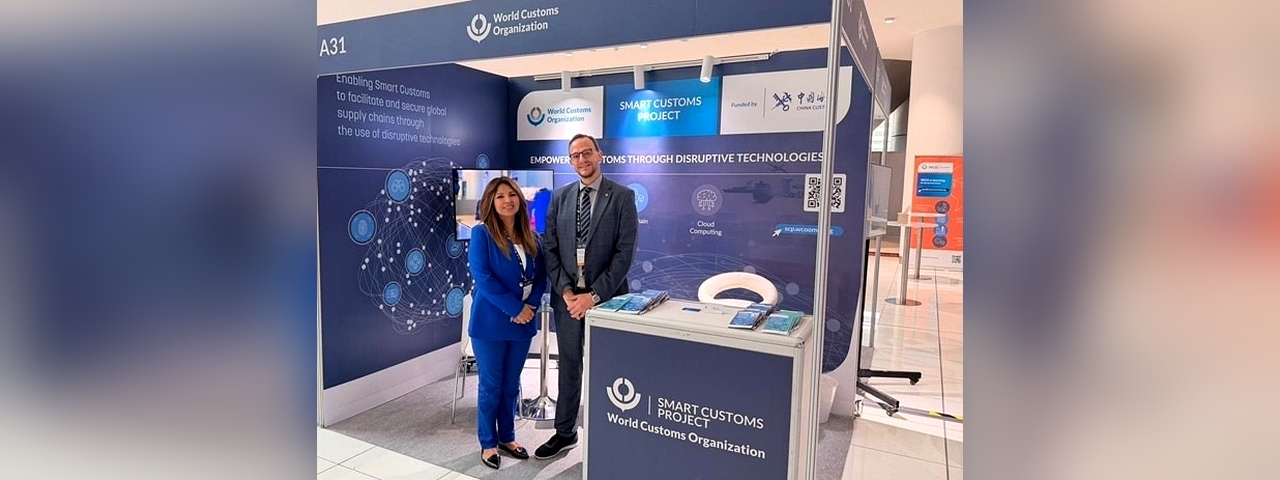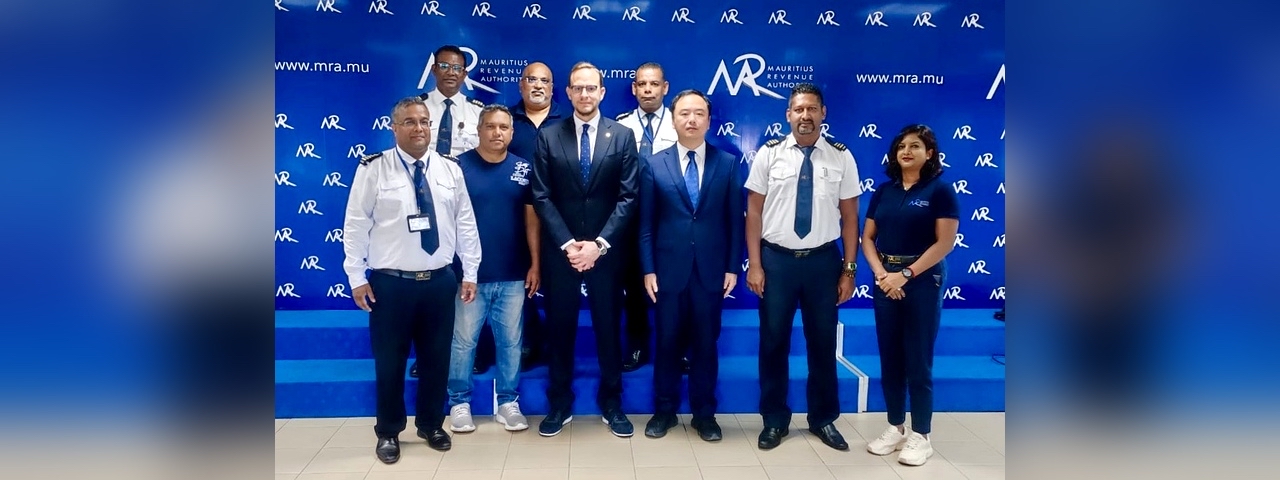WCO and China Customs launch Smart Customs Project

On December 5, during its 89th Policy Commission, the World Customs Organization (WCO) and the General Administration of Customs of the People’s Republic of China (GACC) signed a Cooperation Agreement, marking the start of the Smart Customs Project. This agreement was signed by WCO Secretary General Dr. Kunio Mikuriya and Vice Minister of GACC Dr. Wang Lingjun.
This initiative is a response to the increasing need for technological advancement in Customs operations. Recognizing the need to further promote Customs digitalization and modernization, the WCO included “Technology and Innovation” as one of the three focus areas of its Strategic Plan 2022-2025. The GACC has been implementing the “Smart Customs, Smart Borders and Smart Connectivity” concept to better secure and facilitate international trade. Based on this national experience, GACC has committed to financially support this WCO Project to benefit Members more broadly.
This Project aims to: identify Members’ current status and needs; foster the application of technological and innovative solutions in Customs; reduce the digital gap among Members; and, inform Members about available technologies for tackling global challenges.
The Project will provide Members with information about the business processes, policy arrangements, legal requirements, minimum technical specifications (for the implementation/integration), costs, and trends associated with relevant technologies.
An important aspect of the project is updating the WCO/WTO Study Report on Disruptive Technologies (June 2022). The update will include the evolution of technologies already mentioned in the report, the inclusion of new emerging technologies, and new chapters on some specific technologies that will be identified during the Project.
Additionally, the Project also aims to launch a community portal, which will serve as an online platform to share knowledge on technologies and innovative solutions applied by Customs. Regional workshops on disruptive technologies will be conducted by the WCO as a part of the Project, contributing to the updated Report on Disruptive Technologies.


